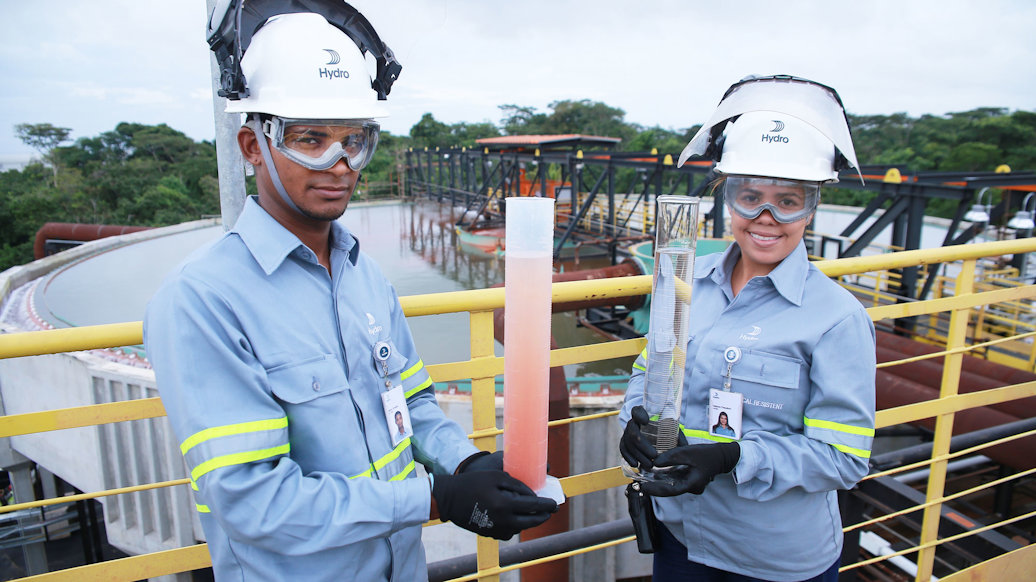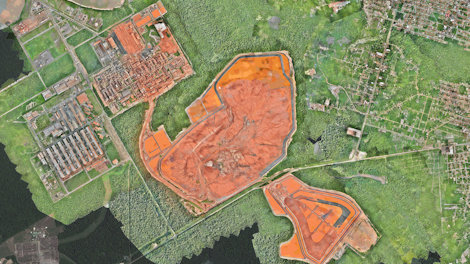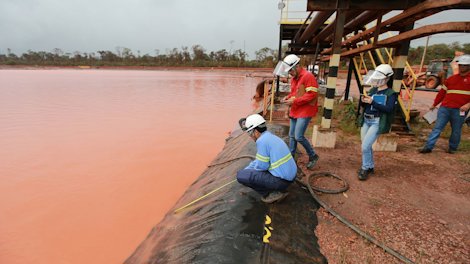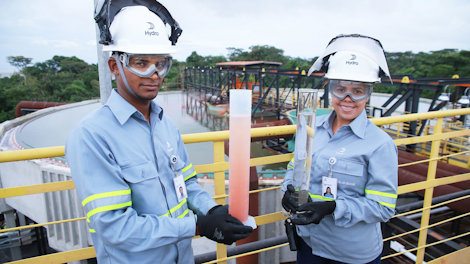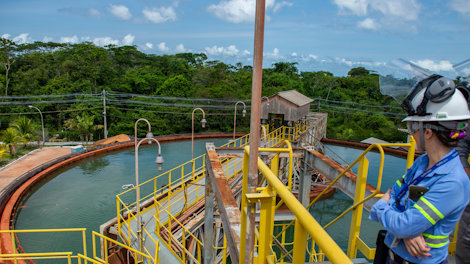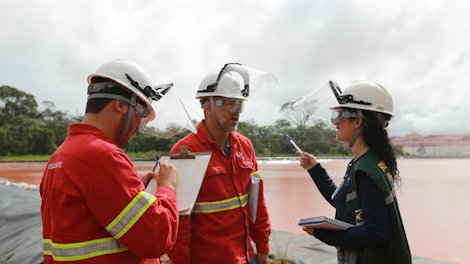Alunorte has invested BRL 675 million in its systems for receiving, controlling, pumping and treating water. In addition to two new basins, the upgrades include new pumping systems and water pipes, new instruments for automation and control, new cameras for monitoring the basins and a new water treatment facility.
The system is now in operation with 23 new pumps. Along with the new water treatment facility, the construction of the two new containment basins was carried out in 2019, increasing the water containment capacity at Alunorte’s operational area. The two basins have the capacity to store the equivalent of 73 Olympic swimming pools.
“This investment is in line with the company's goal of making Alunorte a global reference in efficiency, safety and quality for the aluminum sector.”
— Carlos Neves, Director of Operations in Hydro Bauxite & Alumina, press release on February 11, 2020.
The improvements at Alunorte have proved to work well for the refinery and its operations. These and other actions are part of the refinery's operational routine to ensure strict quality and safety standards.
It is the amount of rain that determines the required water treatment capacity. An estimated 80% of the water safely collected and treated at Alunorte is rainwater – coming either from the refinery area or from the rainwater basins of the bauxite residue deposits. Only around 20% of the water that passes through the water treatment system is water stemming from the production of alumina.
Emergency response program
Alunorte is committed to making its procedures even more secure and robust, which includes an updated Emergency Response Plan and creation of an Emergency Support Plan for Communities, targeting local communities’ needs and requirements.
The refinery also maintains a Community Environmental Brigade, with participation of 26 residents from the communities of Itupanema, Vila Nova, Bom Futuro, Jardim Cabano, Pioneiro, Laranjal, Murucupi, Burajuba and Água Verde. This brigade receives regular training to provide first aid and emergency care in communities and areas around Alunorte. Maintaining a Community Environmental Brigade, which is not a legal requirement, supports local training and is also a way of being close to the communities.
As part of the emergency program, Alunorte conducts emergency drills with participation from internal teams, authorities and the community. In 2020, the Community Environmental Brigade participated in four drills and carried out activities related to inspections, water monitoring and rainfall measurements. They have also supported Covid-19 prevention in the communities.
In 2018, Alunorte acquired new vehicles, such as ambulance, fire truck and pickups with gyro flex and public-address speakers.
All investments, improvements and programs follow the Hydro’s goal of making Alunorte a world reference in operational efficiency, safety and quality for the aluminum sector.
To learn more about the water systems and how Alunorte prepares for climate change, watch the video below.
Updated: May 11, 2021







